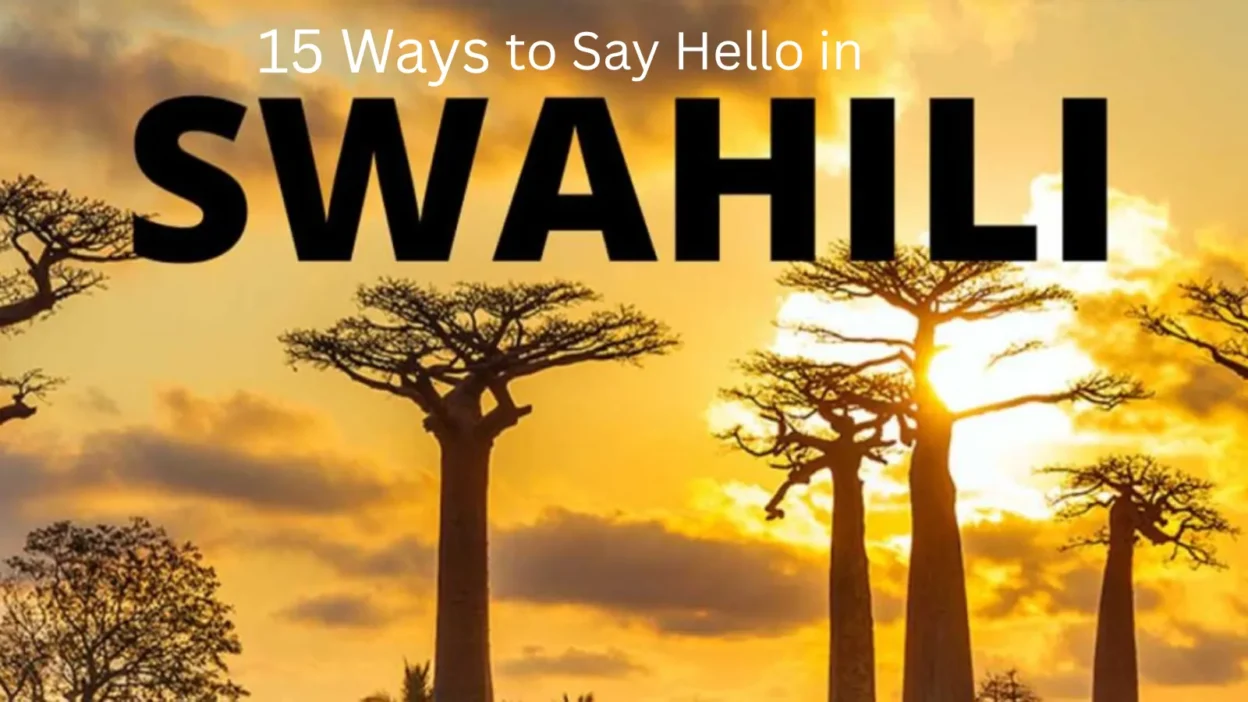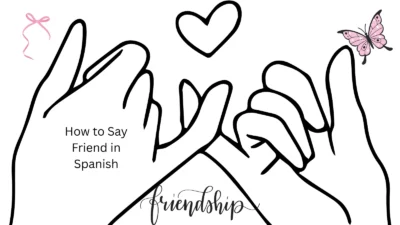“Hello” in Swahili is most commonly said as “Jambo.” It’s a friendly and simple greeting often used with tourists and in casual conversations. Another common greeting is “Habari,” which means “What’s the news?” and is widely used in daily life.
Many users search for how to say hello in Swahili when learning basic African languages, traveling to East Africa, or greeting Swahili-speaking friends. The user intent is clear: they want easy, correct, and practical greetings that sound natural.
In this guide, you’ll learn the most common ways to say hello in Swahili, when to use each greeting, and basic pronunciation tips. The explanation is written in simple words, split into short paragraphs, and easy to understand for beginners.
Say Hello in Swahili
Here are 15 ways to say hello in Swahili, complete with dialogues and a look into where each greeting comes from.
By practicing these greetings, you’ll sound more confident, culturally aware, and friendly. Remember — a heartfelt Swahili greeting can open doors to richer relationships and unforgettable cultural experiences.
1. Jambo
Origin:
The most internationally recognized Swahili greeting. “Jambo” literally means “affair” or “matter” and was historically used to ask about someone’s well-being.
Example:
👤 User A: Jambo!
👤 User B: Jambo! Karibu!
Use:
Common among tourists, but less frequent in everyday conversation between native speakers.
2. Hujambo?
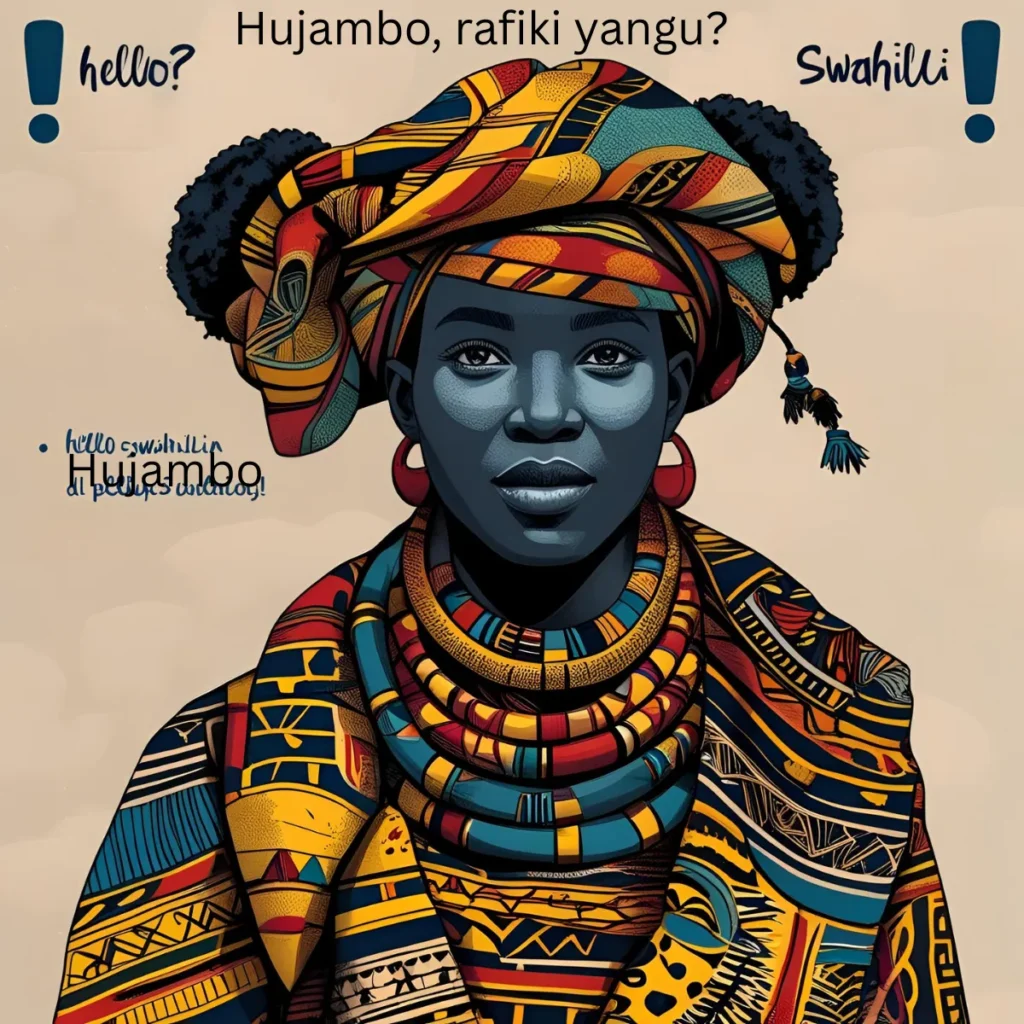
Origin:
Means “Do you have any matter/problem?” It’s a polite inquiry into someone’s well-being.
Example:
👤 User A: Hujambo, rafiki yangu?
👤 User B: Sijambo, asante!
Use:
More natural for locals. Used when greeting one person.
3. Hamjambo?
Origin:
The plural version of Hujambo?, used to greet more than one person.
Example:
👤 User A: Hamjambo, watoto?
👤 User B: Hatujambo, mwalimu!
Use:
Formal and polite when greeting a group.
4. Shikamoo
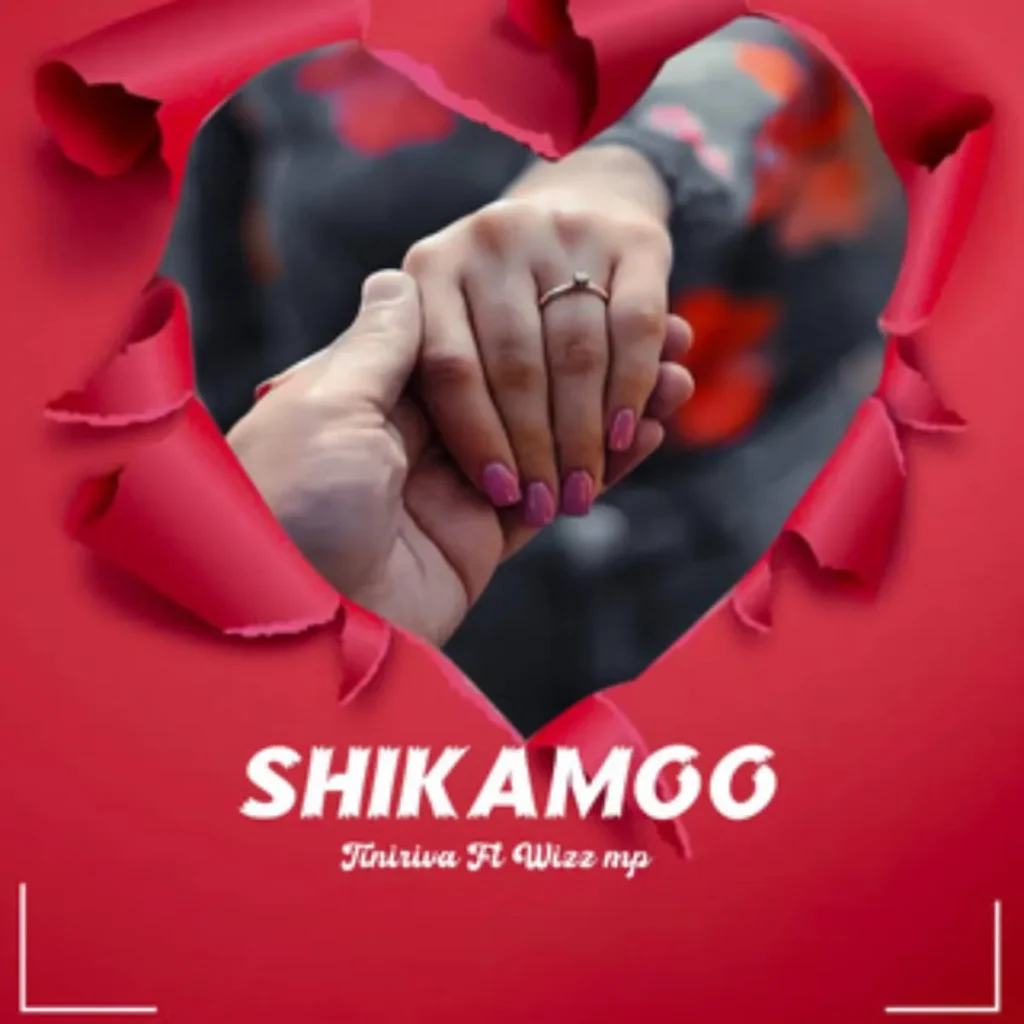
Origin:
A traditional Swahili greeting used to show deep respect, especially toward elders. It comes from the Arabic “ashikamu” meaning “I hold your feet.”
Example:
👤 User A: Shikamoo, babu!
👤 User B: Marahaba, mjukuu wangu.
Use:
Highly respectful; used by young people toward elders.
5. Habari
Origin:
Means “news” or “what’s the news?” and is often used as a base for time-specific greetings.
Example:
👤 User A: Habari?
👤 User B: Nzuri sana, na wewe?
Use:
Polite and common across all age groups.
6. Habari za asubuhi
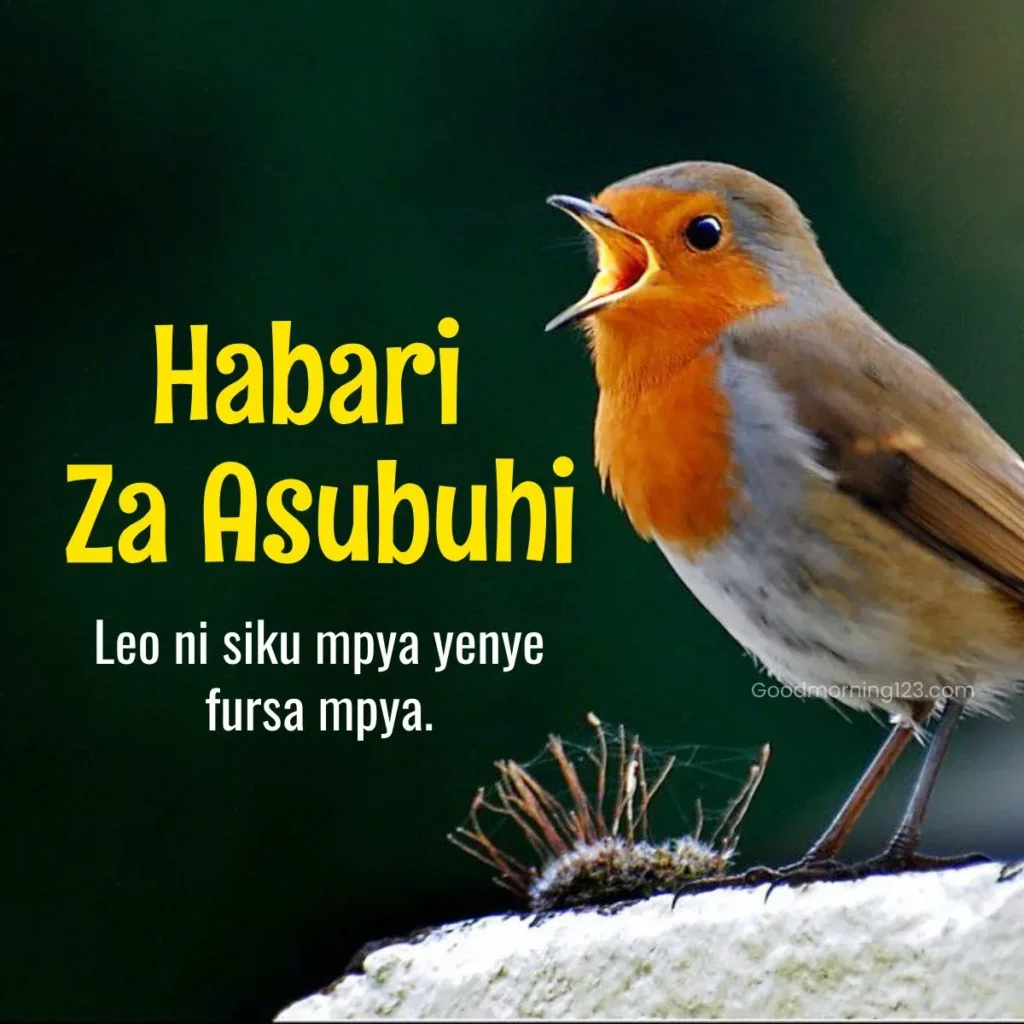
Origin:
Literally “News of the morning.” This is the Swahili equivalent of “Good morning.”
Example:
👤 User A: Habari za asubuhi, mama?
👤 User B: Nzuri sana, asante!
Use:
Use in the early part of the day, formally or informally.
7. Habari za mchana
Origin:
“News of the afternoon.”
Example:
👤 User A: Habari za mchana?
👤 User B: Salama kabisa.
Use:
A polite way to say “Good afternoon.”
8. Habari za jioni
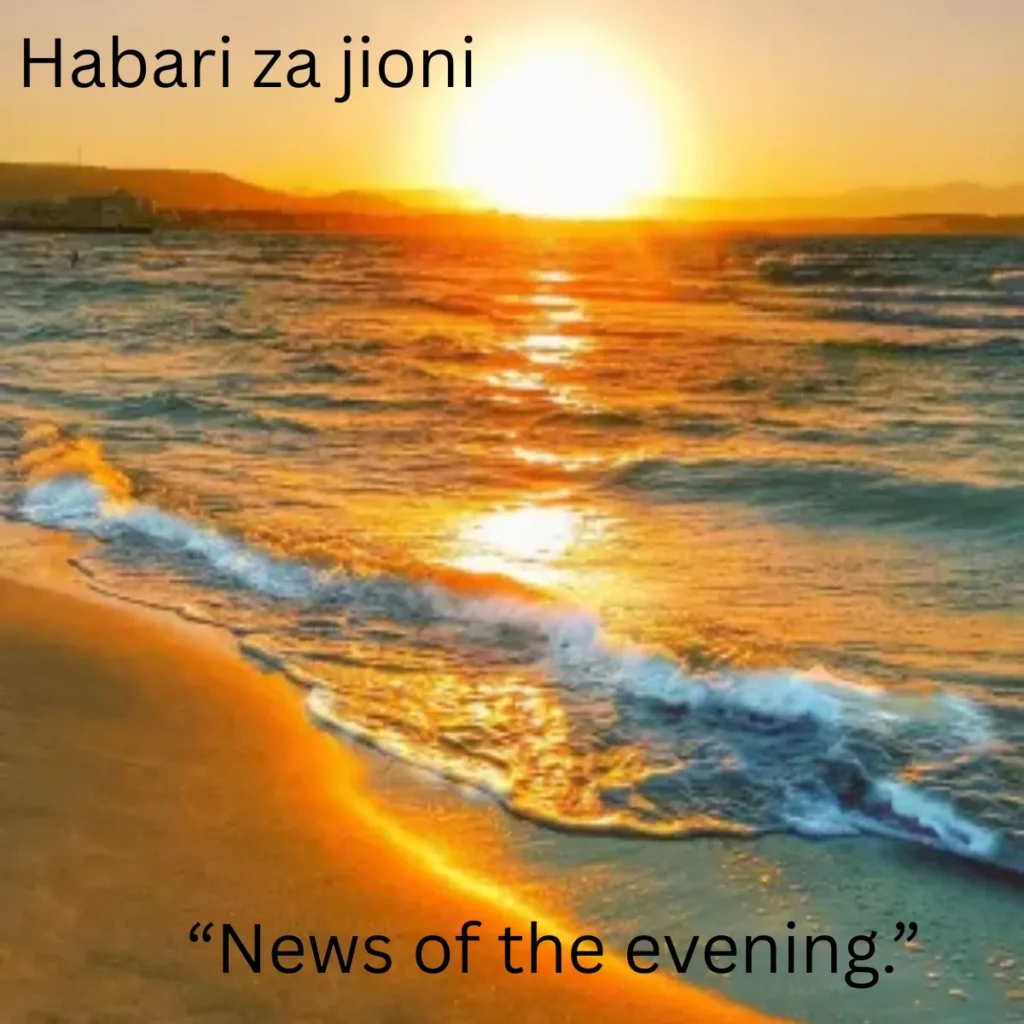
Origin:
Means “News of the evening.”
Example:
👤 User A: Habari za jioni, jirani?
👤 User B: Nzuri tu. Umeshindaje?
Use:
Appropriate after 5pm or in the evening hours.
9. Salama
Origin:
From the Arabic word “salaam” meaning peace. “Salama” means peaceful or safe.
Example:
👤 User A: Salama?
👤 User B: Salama! U hali gani?
Use:
Used as a brief, friendly greeting among equals.
10. U hali gani?
Origin:
Translates to “How is your condition/state?”
Example:
👤 User A: U hali gani, ndugu?
👤 User B: Njema sana!
Use:
Casual but polite; good for checking in on someone’s general well-being.
11. Sema
Origin:
Slang greeting meaning “Speak!”—a cool and informal way of saying “Hey, what’s up?”
Example:
👤 User A: Sema, bro!
👤 User B: Poa sana. Vipi?
Use:
Youth slang in urban areas like Nairobi and Dar es Salaam.
12. Mambo
Origin:
Literally means “things.” It’s short for “mambo vipi?” or “how are things?”
Example:
👤 User A: Mambo!
👤 User B: Poa!
Use:
Informal and very common among youth.
13. Vipi?
Origin:
A contraction of “vipi habari?” meaning “how’s everything?”
Example:
👤 User A: Vipi, kaka?
👤 User B: Freshi kabisa!
Use:
Slang-style greeting. Youth-driven and casual.
14. Poa
Origin:
Means “cool.” Often used as both a greeting and a reply.
Example:
👤 User A: Mambo?
👤 User B: Poa! Na wewe je?
Use:
Friendly, chill, and laid-back greeting or response.
15. Karibu
Origin:
Means “Welcome.” Often said when someone enters a home, shop, or even a conversation.
Example:
👤 User A: Karibu, mgeni!
👤 User B: Asante sana.
Use:
Warm and welcoming; used to invite someone in or show hospitality.
conclusion:
Mastering 15 ways how to say hello in Swahili will not only improve your language skills but also help you connect more deeply with Swahili‑speaking communities.Greetings in Swahili are more than just words — they reflect respect, warmth, and a genuine interest in the other person. Whether you’re traveling, making new friends, or engaging in business, choosing the right “hello” can set the tone for a positive conversation.
